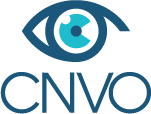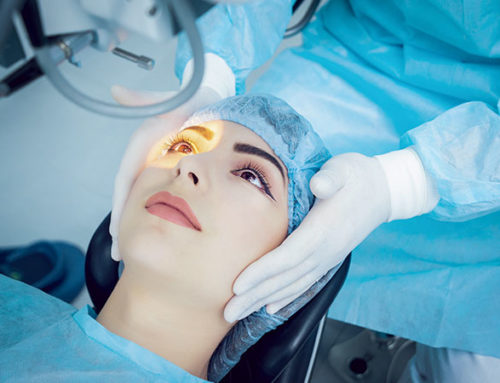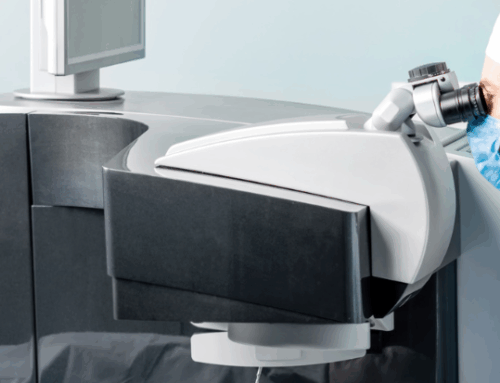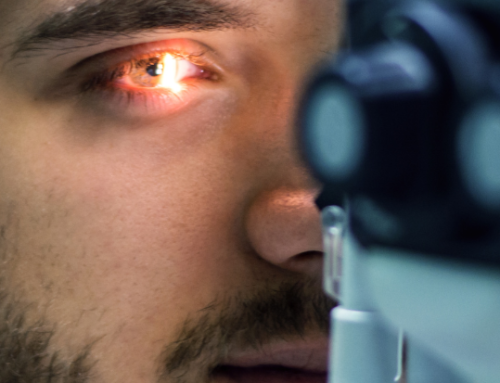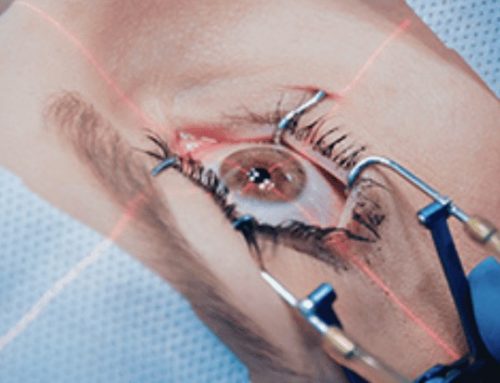Myopia surgery, also known as refractive surgery, is a common procedure for correcting the vision of people suffering from myopia. With the evolution of medical technology, this operation has become an effective and long-lasting solution for those wishing to get rid of their glasses or contact lenses. In this article, we'll explore in depth what myopia surgery is, the different techniques available, and the many benefits it offers.
What is myopia?
Myopia, or short-sightedness, is a vision disorder in which near objects are seen clearly, but distant objects appear blurred. This is due to excessive curvature of the cornea or excessive length of the eyeball, which causes light to focus in front of the retina rather than directly on it.
Understanding myopia surgery
The aim of myopia surgery is to reshape the cornea to correct the focus of light on the retina. There are several techniques for performing this surgery, each with its own specific advantages. Here are the most common:
LASIK (Laser-Assisted In Situ Keratomileusis)
LASIK is one of the most popular techniques. This procedure involves creating a thin flap in the cornea, using a laser to reshape the cornea beneath it, then replacing the flap in position. The benefits of LASIK include rapid recovery and immediate improvement in vision.
PRK (Photorefractive Keratectomy)
PRK is another common technique, often recommended for people with thin corneas. In this procedure, the epithelium, or outer layer of the cornea, is removed before the laser is used to reshape the cornea. Although recovery may take longer than with LASIK, the final results are similar.
SMILE (Small Incision Lenticule Extraction)
SMILE is a more recent, minimally invasive technique. It involves the use of a femtosecond laser to create a lenticule (small disc of tissue) in the cornea, which is then removed through a small incision. This method preserves more of the cornea's structure and offers rapid recovery.
Trans-PRK
Trans-PRK or transepithelial photorefractive keratectomy is a non-contact laser technology. Unlike the conventional method, Trans-PRK requires no contact between the eye and any instrument. The Excimer laser removes the epithelium without suction, scalpel or application of alcohol. We only use this technique when Lasik is not an option.
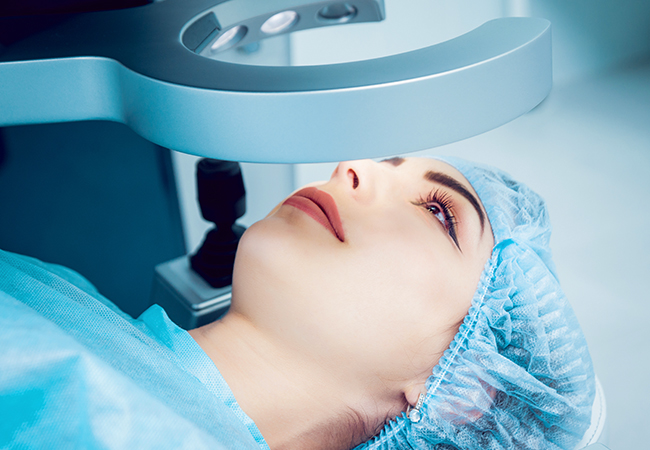
The benefits of myopia surgery
Myopia surgery offers many benefits that go far beyond simple vision correction. Here are some of the main benefits:
1. Improved quality of life
One of the most significant benefits of myopia surgery is improved quality of life. No longer needing glasses or contact lenses facilitates many daily activities, such as sport, swimming, and even simple tasks like waking up in the morning without looking for your glasses.
2. Sustainable results
Unlike glasses or contact lenses, which have to be adjusted or replaced regularly, myopia surgery offers permanent results. Once the cornea has been reshaped, it stays in this new shape, which means clear vision for years to come.
3. Fast recovery
Most refractive surgery techniques, particularly LASIK and SMILE, offer rapid recovery. Patients can usually return to their normal activities within a few days, with a noticeable improvement in vision as early as the day after surgery.
4. Reduced eye infections
Wearing contact lenses increases the risk of eye infections. By eliminating the need for contact lenses, myopia surgery reduces this risk, contributing to overall eye health.
5. Long-term savings
Although myopia surgery represents an initial investment, it can be more economical in the long term. The costs of glasses, contact lenses and care products add up over time. In comparison, refractive surgery is a one-off cost that offers permanent benefits.
Who can benefit from myopia surgery?
Myopia surgery is not for everyone. Ideal candidates are generally :
- Age 18 and over: Vision must have been stable for at least one year prior to surgery.
- General good health: Certain medical conditions or medications can affect healing.
- No history of serious eye problems: Conditions such as glaucoma or cataracts may make refractive surgery inappropriate.
Myopia surgery is an effective, long-lasting solution for those looking to free themselves from glasses and contact lenses. With several techniques available, it's possible to find a method tailored to your specific needs. The many benefits, from improved quality of life to reduced eye infections, make this surgery an attractive option for many people.
Myopia treatment and surgery at CNVO
If you are considering myopia surgery, consult a qualified specialist to assess your eligibility and discuss the potential risks and benefits. By making an informed decision, you can transform your vision and improve your quality of life for years to come.
At CNVO, we offer expert, high-quality laser surgery at our facility. Our team of highly qualified and experienced professionals is dedicated to providing you with the best possible care.
Our facility is equipped with the latest technology, enabling us to offer the highest level of care in a comfortable environment.
